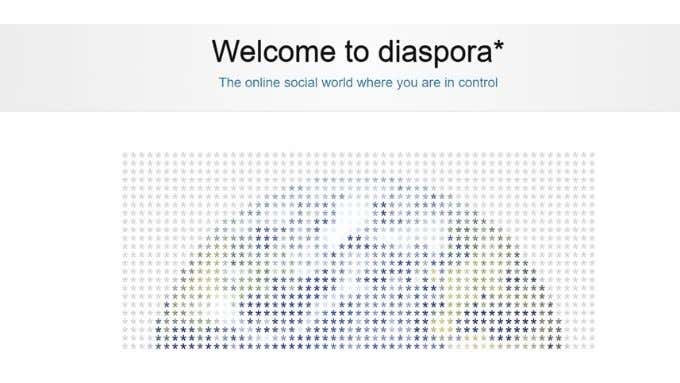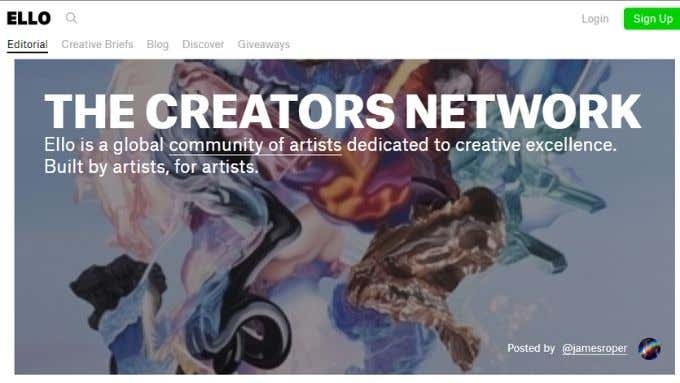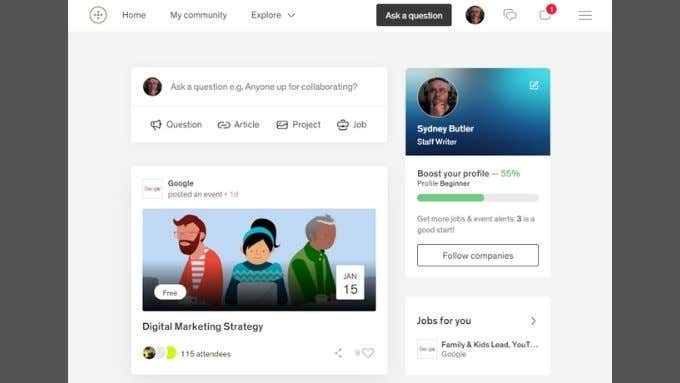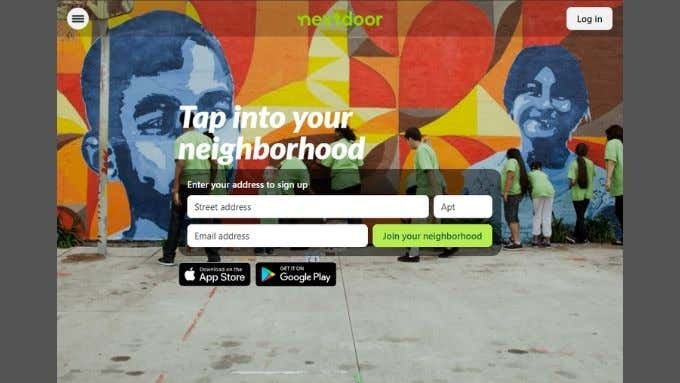Social media was already a thing (remember Myspace?) before mainstream juggernauts like Facebook and Twitter took over the industry. These days it can feel like you can either use these services or nothing else. However, there are many competing sites that might offer more of what you want or, at least, less of what you don’t want.
Regardless of what your specific complaints are when it comes to the social media market leaders, you always have a social media alternative to turn to.

Mastodon
Mastodon is an Open Source, decentralized alternative to the Twitter microblogging service. It looks and works a lot like Twitter, so current Twitter users shouldn’t have too hard a time adjusting. Instead of Tweets, you send “toots” which can be up to 500 characters in length.
Under the hood however, Mastodon works very differently from Twitter. Instead of being a traditional hosted web service, Mastodon is spread out over a “federated” network.

Different Mastodon instances are home to different types of content or different communities. Each has its own rules and policies, but they work together and share data with no issue. Instances can block each other or specific content from other instances, but users can interact with each other across instances without any issues.
Its federated network design makes it hard if not impossible to shut Mastodon down and so it’s become a home for a diverse and often fringe set of subcultures.
Diaspora*
Major social media platforms such as Facebook and Twitter are businesses aimed at making profit. Which is one of the reasons they use collected user data to offer more effective advertising to other businesses.
Diaspora* is a non-profit social media platform that’s owned and operated by users. The system is broken up into “pods” that are independently run and owned. Much like Mastodon’s instances, these pods are networked together. Even the initial development of Diaspora* came from crowd-sourcing.

By its very design, Diaspora* can’t be monetized or used to sell advertising. There’s no incentive to collect personal information at all, not to mention that it’s extremely resistant to attempts to shut it down. The entire system is built around the principles of decentralization, freedom and privacy. Something that’s built into the DNA of Mastodon’s code.
Ello
Ello started out as a straightforward alternative to Facebook. The main difference was largely that Ello is ad-free and therefore would not collect or sell user information to advertisers. Since then, it’s become a little less like Facebook and more like visually-focused sites such as Pinterest, Deviant Art or Instagram.
Ello has been embraced by artists to such an extent that the site now bills itself as “The Creators Network”. You’ll find a large collection of top artists showcasing their work, as well as many opportunities for up and coming artists to engage with briefs and show off their portfolios.

Ello is notable for its no-ads policy and no enforcement of real names. User data isn’t sold to third-parties either. Which makes it a compelling alternative to the Facebook-owned Instagram, with some aspects of Facebook thrown in for good measure.
The Dots
The Dots is actually more of an alternative to the likes of LinkedIn, but plenty of people use platforms like Facebook or Twitter to build a less formal professional network, so The Dots is still something we need to include in the conversation.
The “professional network for people who don’t wear suits” is pretty much the best description of The Dots you could have. Their copywriter has certainly earned a bonus!

The Dots plays host to professional people from some of the hottest startups as well as big established brands. It’s a place where companies go to hire talent, but it’s also a good place to find other people who can help you, give advice or even collaborate on projects. It’s easy to set up a detailed profile so that people can see who you’ve worked with, what you’ve done and what sort of work you’re looking to do.
NextDoor
Many people who use Facebook are only really looking to connect to people who are close by, such as those who live in the same neighbourhood. It’s why people set up private Facebook groups for their homeowners associations and schools.
If that’s your primary reason for using social media, you may want to consider NextDoor. This is a social media platform designed specifically to let people who live in the same neighborhood communicate socially without being exposed to a larger social group.You’ll also get access to local resources, such as businesses in your area and nonprofit organizations and programs.

NextDoor requires that every user verify their name and address, but that information isn’t shared with anyone. That ensures the people you get to interact with are really a part of the local community. So you’ll know about events and problems in your own neighbourhood without having to worry about random strangers butting in.
Minds
Referred to as the “anti-Facebook” by Wired magazine, Minds has a unique business model where you can actually earn either tokens or real money for your activity on the site.
It’s a mix of different social media elements. You can publish blog posts, videos, pictures and statuses. There are feeds of trending topics and it has secure group chat as well.

If you create content, you can get paid in US Dollars and cryptocurrency by your fans. So it’s almost a mix of Facebook and the various platforms such as YouTube and Patreon.
Minds uses completely open source code, which means that you can look through their algorithms to know exactly how they work. Their content policy is very open and makes uses of a community jury to determine if something is unsuitable. It’s a platform with strong free speech underpinnings, so be prepared for robust opinions, depending on where you venture.
Signal & Telegram
We’ve grouped these two social media alternatives together because they are both alternatives to Facebook Messenger and similar apps like Whatsapp, which is owned by Facebook.
Both Signal and Telegram offer a more privacy-focused service. Although all of these services make use of encryption to protect your messages from prying eyes, Signal and Telegram go the extra mile.

Of the two, Signal is the most strict in terms of privacy. It takes a hard line against storing metadata on its servers and it doesn’t store or share information such as when you were last active. Signal also stores no info about its users at all, but of course that does mean it ends up being a little less convenient to use than Telegram.
We actually recommend that people use both Telegram and Signal. Telegram is great as a more private general-purpose messenger app with fun social features, while Signal is perfect for when you need to communicate with the highest level of privacy and security.
Social Media on Your Own Terms
Different social media platforms have different ways of conducting their business. They have their own policies, outlooks and company structures. Some want to make a profit, others want to build communities. There’s nothing inherently good or bad about any of these choices, but what’s important that you have choices.
It’s never great for any one service or product to have a total monopoly and these social media alternatives let you decide about which sacrifices you’d like to make.